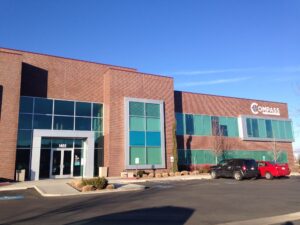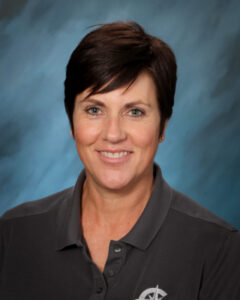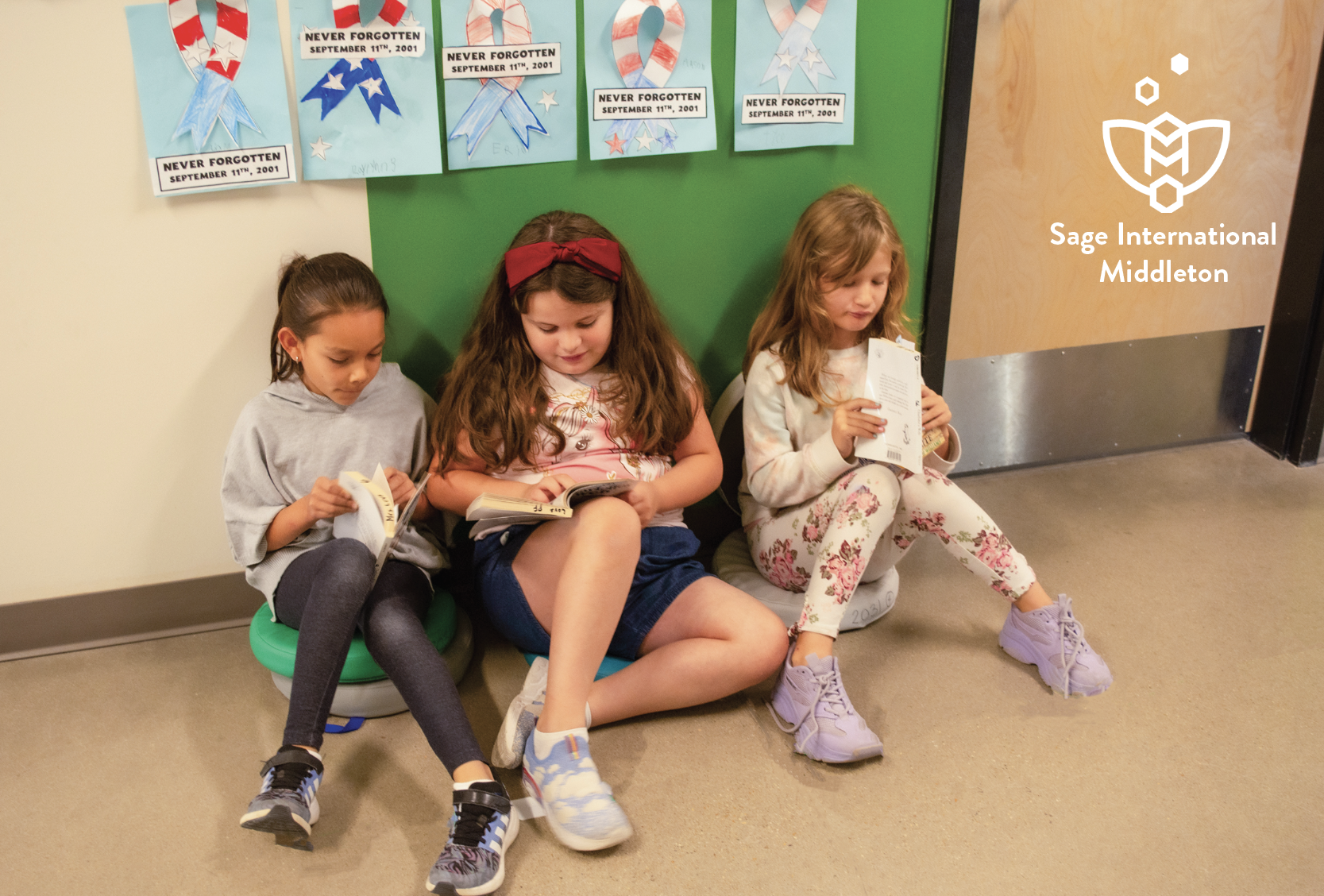
School Culture is Key to Building a High Performing Model
By Kelly Trudeau, Administrator, Compass Charter School
 Compass Public Charter School, located in Meridian, has expanded several times since our inception in 2005. We started as a K-7 school with 270 students and 12 employees. We have grown to a K-12 school of 860 students and 74 employees. This growth has provided us with many opportunities to learn from our mistakes and to build on our successes.
Compass Public Charter School, located in Meridian, has expanded several times since our inception in 2005. We started as a K-7 school with 270 students and 12 employees. We have grown to a K-12 school of 860 students and 74 employees. This growth has provided us with many opportunities to learn from our mistakes and to build on our successes.
One significant take-away from these experiences is the importance of school culture. While academics are important, students will not achieve at high levels if they aren’t embraced by a safe and positive environment. This is in line with the Compass school mission to provide a safe and challenging learning community that prepares students for life long excellence through exceptional academics, character development, and the ability to define and defend a personal worldview.
In order to realize the school’s mission, the Compass leadership and teaching team is intentional about developing and maintaining the school’s culture. Administration and teachers spend the first weeks of school training students in the expectations, practices, and traditions of the school. The Compass Model defines this preparation as Discovering Excellence Training. Behavior expectations are supported by the implementation of the Love & Logic Philosophy of Discipline.
When Compass first expanded, which involved adding a high school program to the school’s initial K-8 program, Compass leadership researched cultural characteristics of high performing schools. Significant to the leadership’s findings was a report titled, School Culture: “The Hidden Curriculum.” This article served as the foundation for the type of culture Compass strives to achieve. The article quotes Terrance Deal and Kent Peterson who contend that “the culture of an enterprise plays the dominant role in exemplary performance.” They define school culture as an “underground flow of feelings and folkways [wending] its way within schools” in the form of vision and values, beliefs and assumptions, rituals and ceremonies, history and stories, and physical symbols.
For the 2015-16 school year, over 200 students and 21 teachers were added to the Compass family. In order to maintain our school culture and ensure a smooth transition for both students and teachers, we held a two-day New Teacher training and assigned all new teachers their own mentor teachers who had worked at Compass for at least two years. Mentor teachers and their mentees have regular meetings throughout the school year and even observe each other in the classroom.
While it may be a bit early to tell if everything we’re doing is working, we recently received our initial results from our AdvancED accreditation team, and our positive and intentional focus on culture was one of the areas highlighted in the report. All stakeholders (student, parents, and staff) were aware of and support the school’s mission and focus on a positive culture.
Compass maintains a strong focus on vision, values, and beliefs. Additionally, the school has intentionally developed rituals and stories, referred to as “threads,” which connect pieces of the program from Kindergarten through Graduation. In fact, Compass has a saying, “We teach seniors in Kindergarten.”
The views expressed by guest authors do not necessarily reflect those of Bluum.
—
 Kelly Trudeau has been the administrator of Compass since it opened in 2005. Since that time, she has helped the school grow from a staff of 12 to a staff of 74. Student population has grown from 275 students to 872 students. In spite of Compass’s growth, the school has continued to be successful both academically and culturally. Kelly believes this is due to the fact that she is very skilled at selecting exceptional teachers! Compass’s recent expansion makes Kelly proud. “We have the opportunity to provide more students with an excellent education in a safe environment.”
Kelly Trudeau has been the administrator of Compass since it opened in 2005. Since that time, she has helped the school grow from a staff of 12 to a staff of 74. Student population has grown from 275 students to 872 students. In spite of Compass’s growth, the school has continued to be successful both academically and culturally. Kelly believes this is due to the fact that she is very skilled at selecting exceptional teachers! Compass’s recent expansion makes Kelly proud. “We have the opportunity to provide more students with an excellent education in a safe environment.”
–




